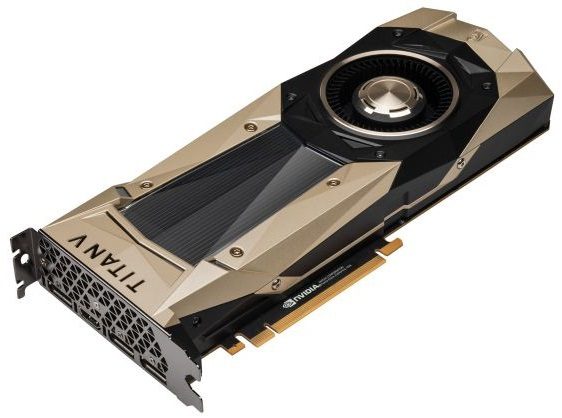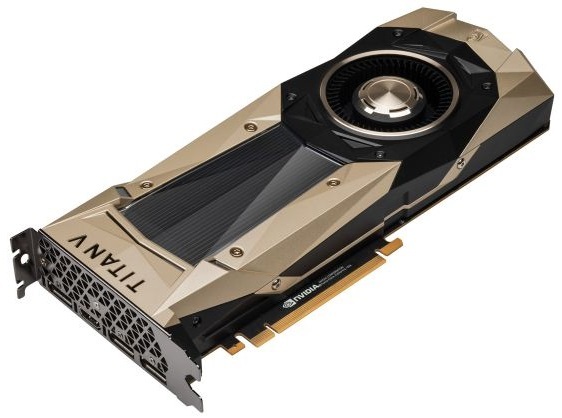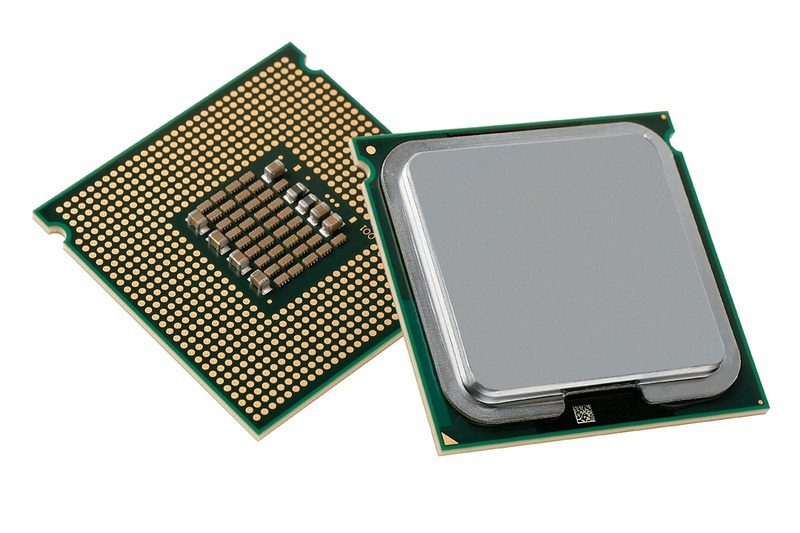Here at Puget Systems, it is our goal to perform realistic testing on the software packages we tailor our workstations toward. Sometimes this is easy, sometimes it is harder… and sometimes a software maker already provides their own benchmark tool. That is the case with Maxon, makers of Cinema 4D, as well as the free benchmark, took Cinebench. To determine whether we should use it, though, we have to ask some questions. Is Cinebench really a good benchmark for Cinema 4D? How do the tests it runs relate to real-world performance?










